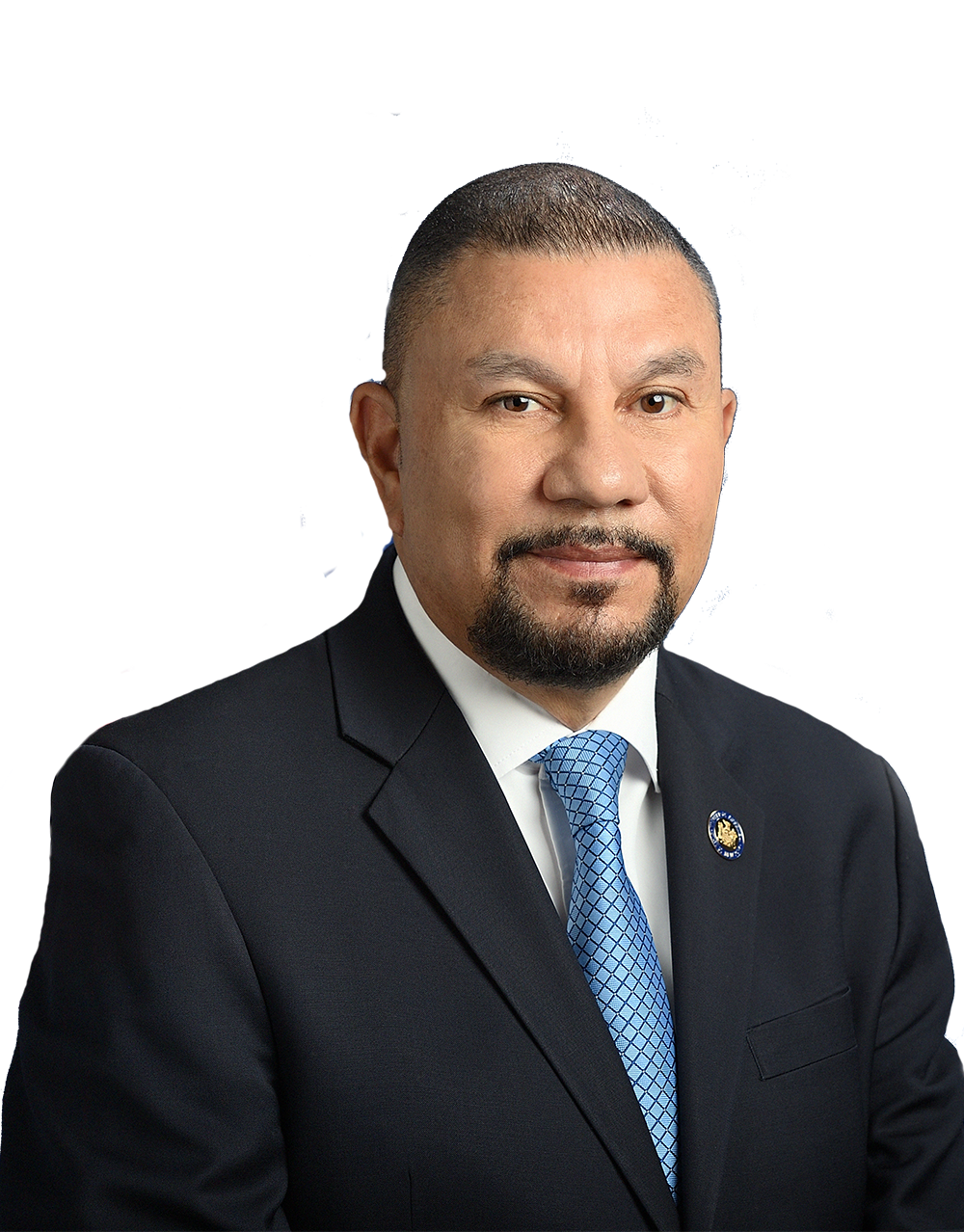Major Assembly Reforms Supported by Assemblyman Ramos
Reforms improve transparency, accountability of legislative process
Assemblyman Philip Ramos (D-Central Islip) announced that the Assembly passed sweeping changes to the rules governing ‘The People’s House’ (K.503).
“Our goal is a transparent, accountable Legislature that gets things done for the people of New York,” Ramos said. “By expanding the use and role of bipartisan conference committees, allowing more time and opportunities for bill introduction and consideration, as well as further opening legislative proceedings to remote public view over television or the Web, we’re making clear progress toward that goal.”
Ramos said that the changes build upon the landmark reforms he supported in 2005 that ended ‘empty-seat’ voting, instituted Assembly session on Tuesdays for greater review and debate of legislation, and overhauled the Assembly Rules committee. The new rules will strengthen the role and voice of rank-and-file members, ensure bills receive the full consideration of a standing committee and establish an ethics training program.
Improving the Legislative Process
In the past, unlimited bill introduction ended in late April, and the Rules Committee introduced all subsequent bills. Under the new rules passed Monday, a bill sponsor can now introduce a bill at any time during the first year of the legislative session, and up to the last Tuesday in May of the second year of session.
Ramos said that for the first time ever, there will also be a formal “pre-file” period beginning on November 15 to provide members and members-elect the opportunity to submit legislation for introduction at the start of the following legislative session.
Other new changes to reform and open the legislative process include:
- increasing the amount of time a member may debate a bill on the floor of the house;
- advancing bills that passed the Assembly in the first year of the two year session – but were not signed into law – directly to the calendar at the start of the second year instead of being referred to the Rules Committee;
- removing the requirement that one additional Majority member is on each committee. In the past, the formula for calculating the ratio of Majority to Minority members on standing committees allowed the Majority to place one additional member on each committee;
- clarifying the term for the calling of a special committee meeting from “one day’s notice” to “24 hours notice;”
- requiring equal membership of Majority and Minority members on the Ethics and Guidance Committee;
- requiring the Ethics and Guidance Committee to develop a course of mandatory ethics training for all members and staff;
- extending the period of time during which a sponsor may require committee consideration of his or her legislation through the entire first year of the legislative session to the second Tuesday in April of the second year of the session. From that time until the first Tuesday in May, each member may submit five additional requests for committee consideration;
- expanding the period in which motions to discharge are in order by one week;
- ordering all “second reading” bills reported from committee to “third reading” – ensuring that all bills reported from committee are eligible for action by the full Assembly; and
- requiring a schedule of legislation intended for consent and debate, including all bills newly reported to “third reading,” be announced at the commencement of each session day.
Expanding the Use of Conference Committees
In order to better empower individual legislators and promote greater productivity, the Assembly will expand the role of conference committees.
Under the new rules changes, Ramos said the Committee on Conference Committees will be required to meet on a monthly basis and will be required to review requests for conference committees made by the sponsors of bills that have passed the Assembly.
Expanding Access to State Government
Ramos also supported a bipartisan resolution to improve the public’s access to legislative proceedings and meetings (K.504). Currently, televised coverage is primarily limited to Assembly and Senate floor proceedings.
Under the Assembly’s proposal, a bipartisan and bicameral advisory board will be created to oversee the broadcast of government proceedings. In addition to exploring the expansion of the current statewide television broadcasts, the advisory board will consider broadcasting or Webcasting legislative committee meetings.
“Unfortunately, not everyone can get to Albany to observe the proceedings of the Legislative houses, or sit in on committee meetings,” Ramos said. “While we would love for everyone to be here in the room with us, that’s just not a possibility. But we owe it to our constituents to have every opportunity to see how their legislators represent them. We can create this opportunity through television and the Internet, and I hope the Senate will join us in finding the best way to take advantage of technology to open up state government.”
“I have always been, and remain committed to reforming the way Albany operates to make sure our state government is always working for the people,” Ramos said. “These rule changes are a step in the direction of a truly open and fully responsive legislature.”
